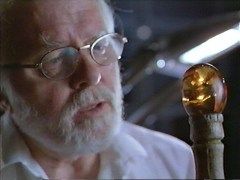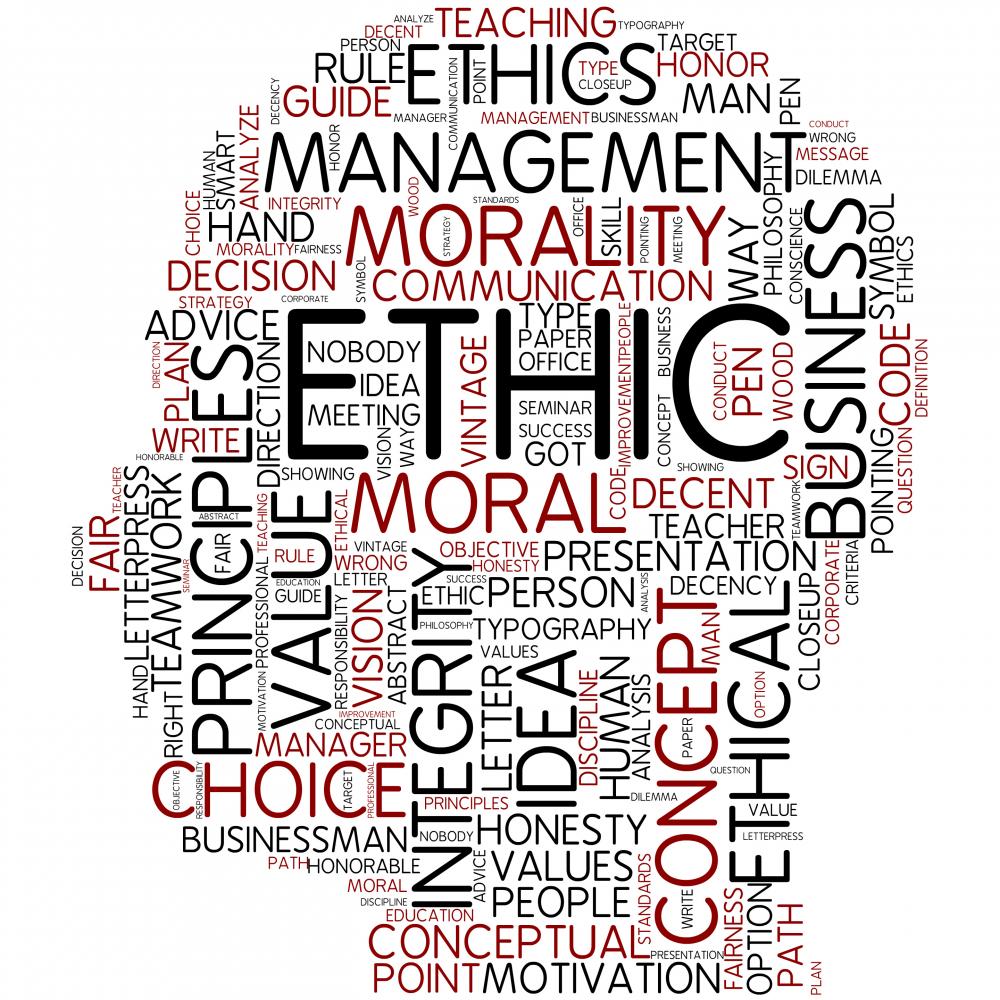Oct 10, 2015
h+ Magazine: Synthetic Biology — The True Savior of Mankind
Posted by Harry J. Bentham in categories: biological, biotech/medical, disruptive technology, DNA, environmental, ethics, futurism, genetics, health, innovation, science, sustainability, transhumanism

Fear of scientists “playing god” is at the centre of many a plot line in science fiction stories. Perhaps the latest popular iteration of the story we all love is Jurassic World (2015), a film I find interesting only for the tribute it paid to the original Michael Crichton novel and movie Jurassic Park.
Full op-ed from h+ Magazine on 7 October 2015 http://hplusmagazine.com/2015/10/07/opinion-synthetic-biolog…f-mankind/
 In Jurassic Park, a novel devoted to the scare of genetic engineering when biotech was new in the 1990s, the character of John Hammond says:
In Jurassic Park, a novel devoted to the scare of genetic engineering when biotech was new in the 1990s, the character of John Hammond says:
Continue reading “h+ Magazine: Synthetic Biology — The True Savior of Mankind” »















